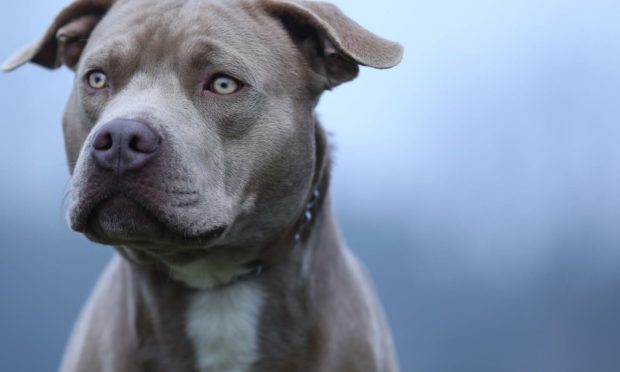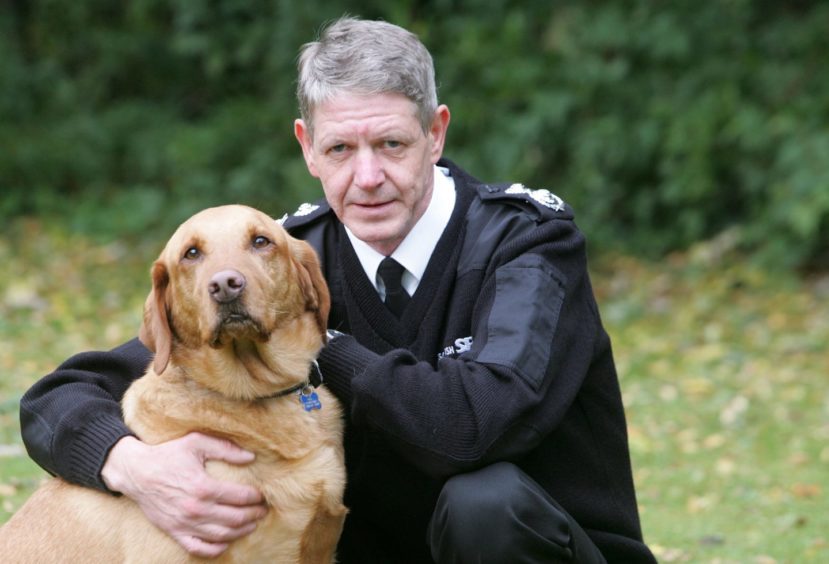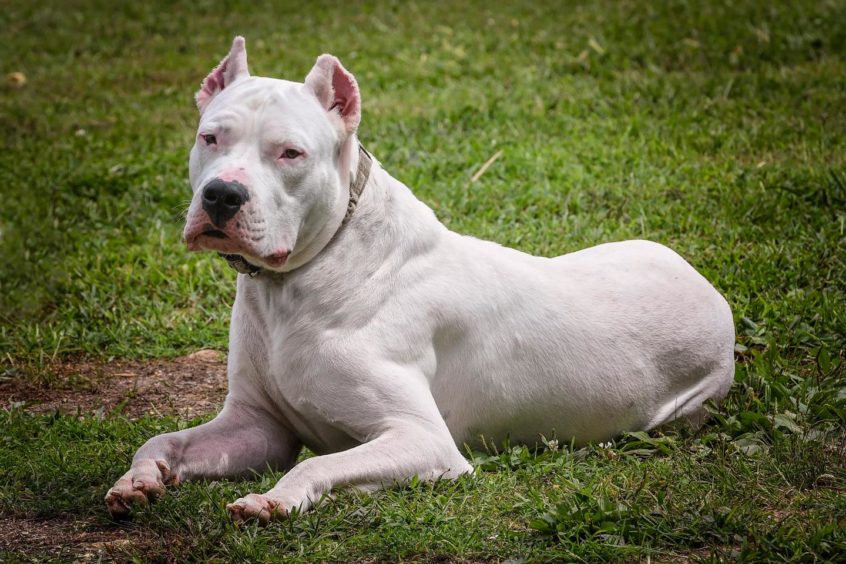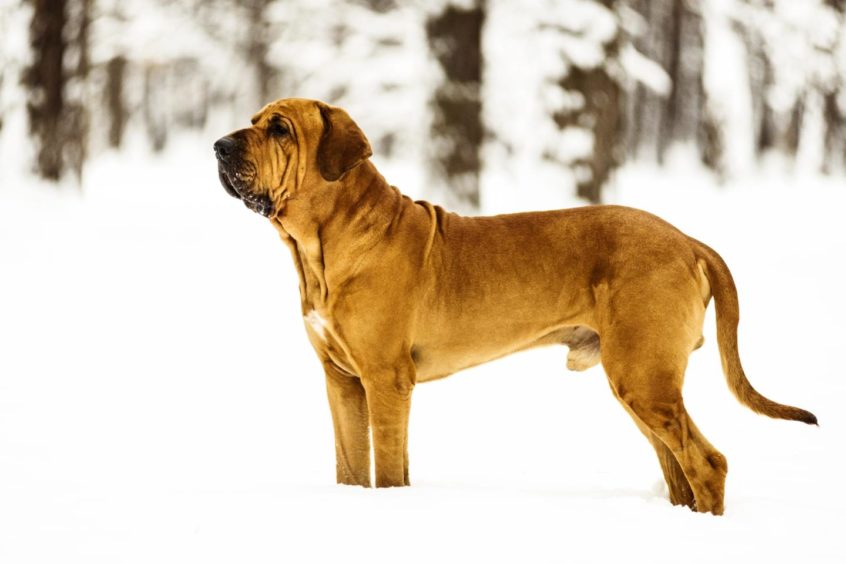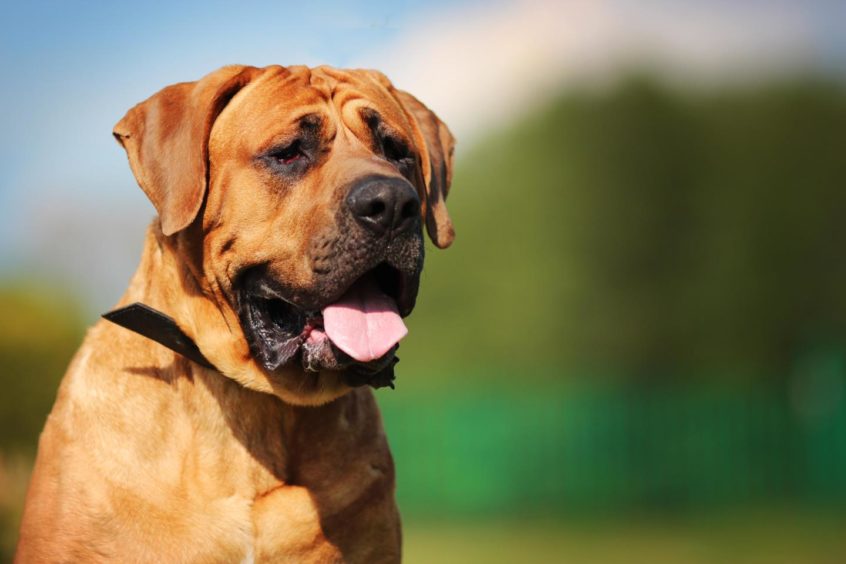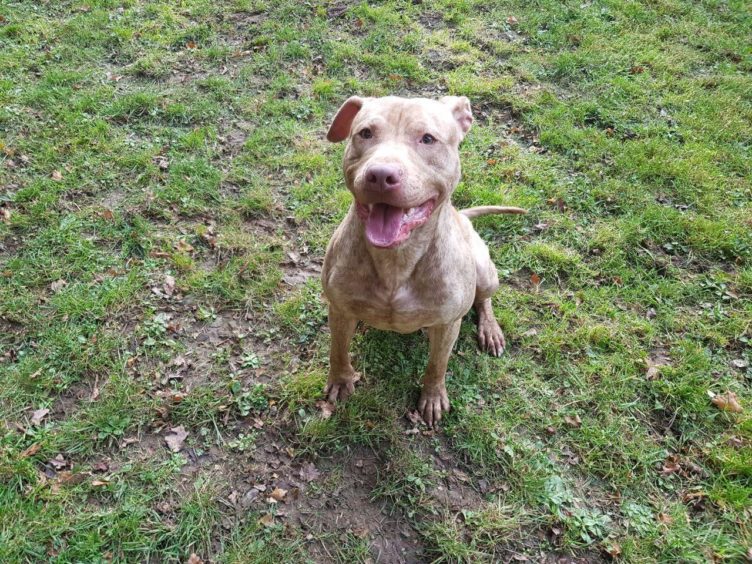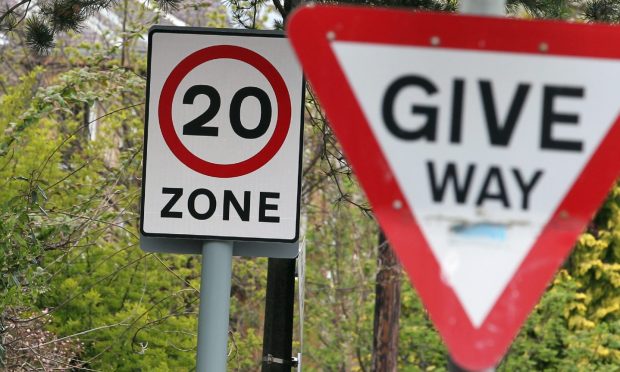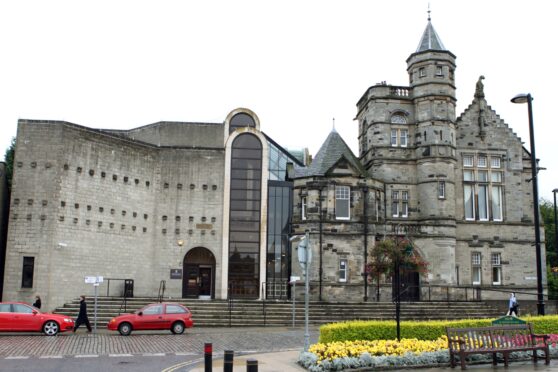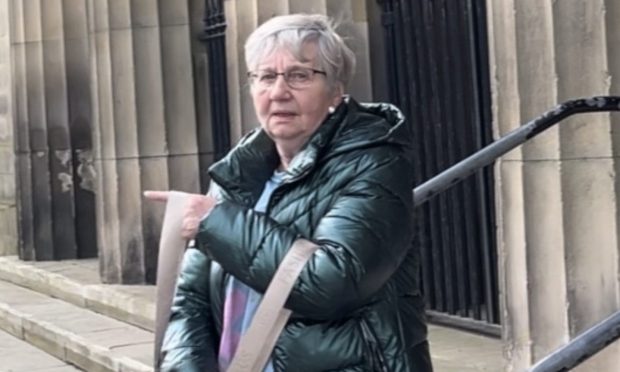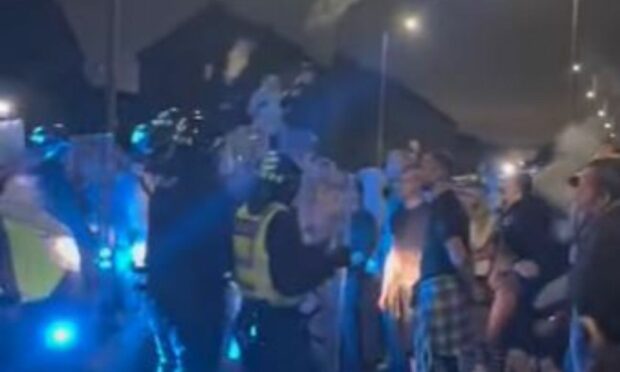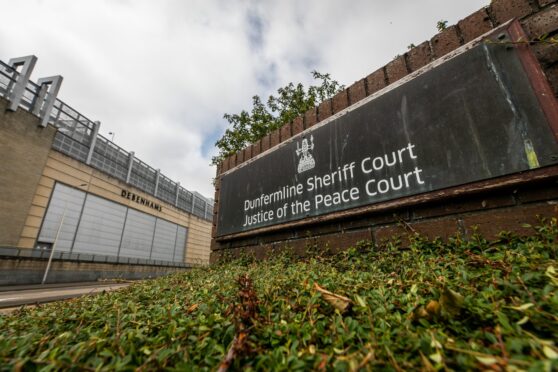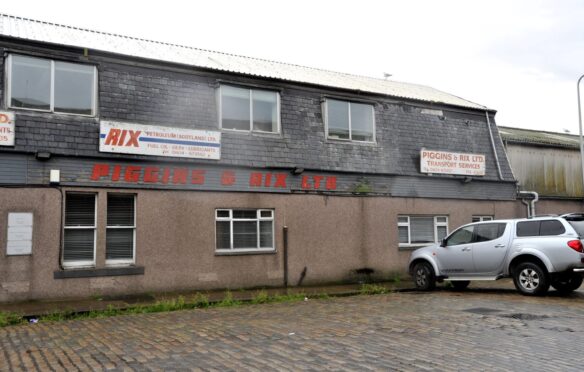The decades-old law on dangerous dogs should be changed so they are judged by “deed not breed”, Scotland’s leading animal welfare charity has claimed.
The Scottish SPCA has launched its No Bad Breed campaign, urging a review of the Dangerous Dogs Act.
The legislation, which came in to force 30 years ago, on August 12, 1991, bans the ownership of four dogs in the UK.
Japanese Tosas, Dogo Argentinos, Fila Brasileiros and American pit bull-type dogs are all banned.
If they come into the care of organisations like the Scottish SPCA, they must be put to sleep, regardless of temperament or suitability for adoption.
Scottish SPCA chief superintendent, Mike Flynn, said: “While we fully support legislation to protect the public, we believe any breed of dog can be potentially out of control and dangerous in the wrong hands.
“We’d like to see a bigger focus on legislation that ensures responsible dog ownership rather than punishing individual dogs for the way they look if they haven’t harmed anyone.
“We’d urge the government to review this legislation as it is now 30 years old and, in our eyes, not fit for purpose.
“We want to see Section One of the legislation scrapped so that dogs are judged on ‘deed not breed’, meaning dogs are only put to sleep if they’ve attacked someone rather than just because they are a certain type of dog.
“At the very least we’d like to see the law amended so banned breeds and types who come in to our care can be rehomed.
“We would like to see courts take in to account the agency who has cared for the dog, whether that’s ourselves or another reputable rescue organisation, so that these animals can be declared exempt.
“Our teams can then use their expert knowledge to assess the dog behaviourally and make sure they are found an appropriate home with the experience required to care for these dogs responsibly.
“Especially in the case of pit bulls, where whether or not the dog is a banned type is determined by a set of measurements rather than any kind of identifiable breed standard.
“Often these measurements can’t be properly determined until the dog is fully grown so people can own a pit bull and not even be aware of it.
“Our teams often care for these dogs for months or even years while waiting for court proceedings to conclude, only to have to put them to sleep as they can’t legally be adopted.
“Often these dogs have great temperaments and no behavioural issues but still need to be euthanised when, if they were any other breed, they’d be off to a loving home. It’s heart-breaking for everyone involved.”
Since 2013 the charity has been forced to euthanise 24 pit bulls.
One was Doyle, a dog determined to be a pit bull-type in the care of the Lanarkshire Animal Rescue and Rehoming Centre for 58 days before being put to sleep in November 2018.
Scottish SPCA animal care assistant Mica Sinforiani said: “Doyle was a bit nervous when he first came in to the centre and would bark and run away from us.
“After a week of myself and another staff member working with him he soon decided we weren’t so scary after all.
“He loved running around with his toys but most of all he loved getting attention from the team.
“He took everything in his stride and adored every person and dog he met while he was here.
“I feel lucky to have met him and I cherish the memories I have of him every day.
“It was absolutely devastating to have cared for Doyle for all that time only to have to put him to sleep.
“We never want to put a healthy animal down so it goes against all your instincts to take a perfectly happy, healthy dog who would do really well in a new adoptive home and euthanise them.
“Every time a dog comes in to the centre who is deemed to be a pit bull it’s the same story and it’s so upsetting and distressing for the whole team.
“We just hope that the government will see sense and review the legislation so no more dogs have to suffer the same fate as Doyle.”
Members of the public can sign the Scottish SPCA’s No Bad Breed petition here.
